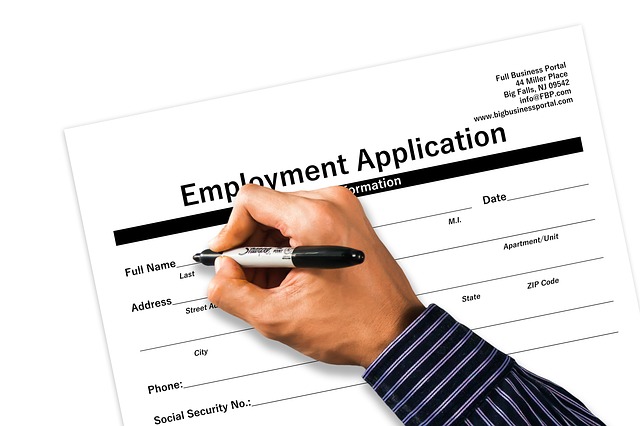
Proofreading: the Key to Professional Writing
The importance of proofreading can’t be overemphasised. It’s so integral to the success of any piece of writing, in any context. Without thorough proofreading, mistakes can slip through the net and errors can go unnoticed. In the worst case scenario, … Continue reading Proofreading: the Key to Professional Writing


